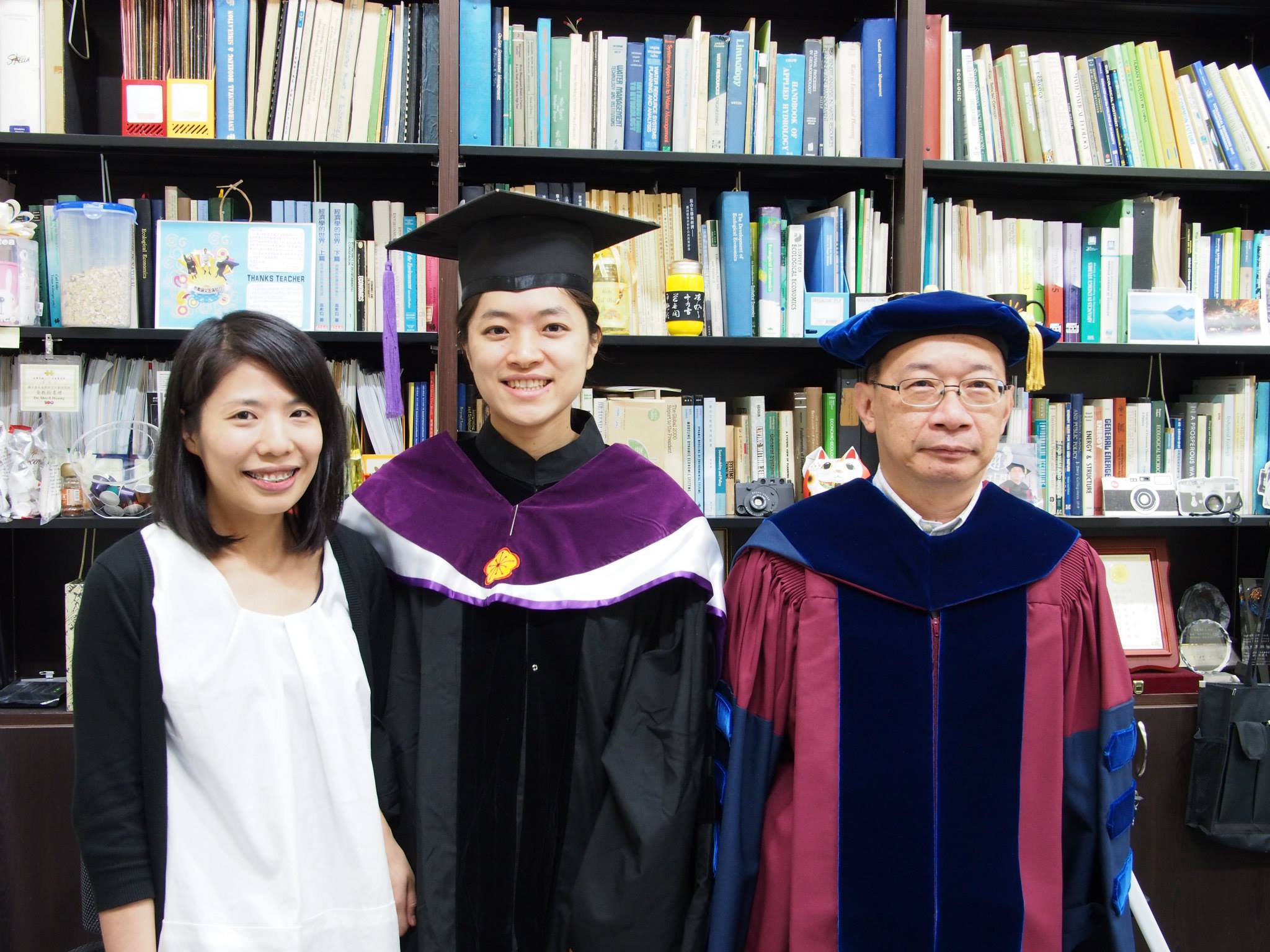1. Credits/Courses
(1) Registered doctoral students, before establishing advisory relationship with an advisor, will be instructed by the Director of the GIUP regarding their course selection and relevant studies.
(2) Guidelines Governing Course Selection for Doctoral Students:
① Doctoral students who do not hold any B.A. or M.A degree in the fields related to urban planning are required to take “Planning Law and Institution” and “Planning Theory.” The two courses may be counted toward the total credits for graduation requirement. However, if the students are required to take pre-requisite courses based on the GIUP committee’s decision, or the students take the courses at Master’s level as pre-requisite courses, these courses taken will not be counted toward the total credits for graduation requirement.
② Before passing the qualification exam, doctoral students are required to take “Seminars on Urban/Regional Studies” for two semesters. After finishing the seminar courses, students can be exempted from taking other seminar courses; instead, students have to present their research progress at the end of every semester till they pass the qualification exam.
③Doctoral students, whose did not hold any B.A. or M.A degree in the fields related to urban planning, are required to take “Urban and Regional Planning Workshop” at least for one semester. If a doctoral student would like to have the course exempted, he or she should propose course exemption to the GIUP committee for approval.
④18 credits (Accreditation of doctoral courses is determined by the GIUP committee.
2. Applying for the PhD Examination
(1) Applicants must have passed the PhD candidate qualifying exam.
(2) The following criteria have to be met:
① Applicants must score 10 points or above, and the accumulated points must include:
A. One academic paper published in an international journal listed in SSCI, SCI (and SCIE), and AHCI, or two academic paper in TSSCI journals.
B. Following the published papers regulated in the item (1), there should be at least one paper published as the sole author, first co-author, or corresponding author.
Please refer to the accumulation point chart below.
| Social Sciences Citation Index, Science Citation Index (include SCIE), Arts and Humanities Citation Index | Taiwan Social Sciences Citation Index | Advanced Studies in overseas institutes (single period only) | Presenting papers in person in a foreign language at international conferences | |||||||
| Sole Author | First Author or Corresponding Author | Second Author | Third Author and Others | Sole Author | First Author or Corresponding Author | Second Author and Others | 3 months | 4 months | 5 months or longer | First author |
| 8.5 | 6 | 4 | 2.5 | 3.5 | 3 | 1.5 | 4 | 5 | 6 | 1.5 |
②Applicants may submit papers published in international specialist publications or papers published international journals not listed in SSCI, SCI (and SCIE), EI, and AHCI for review. If the submitted paper were approved by the GIUP review committee, it could be awarded points based on the standard for the journals of SSCI, SCI (and SCIE), EI, and AHCI in the accumulation point chart.
③If students intend to study abroad, a proposal of studies must be submitted in advance(including the admission or invitation from the institute). Also, the studies must be completed in one single period; a certificate must be obtained upon completion. If the study outcomes are deemed outstanding and approved by the GIUP committee, additional points may be awarded.
④For papers to be presented at international conferences, students have to submit relevant information (at least including the title of the conference, date and venue, selection method and process, program in detail, the full text to be presented, etc.) to the GIUP committee 6 weeks before the conference takes place. Points will only be awarded after the committee reviews and approves of the papers. However, the maximum number of papers to be considered for points is three.
⑤Proof of Language Proficiency(In order to graduate students need to obtain one of the following certificates of proficiency in a foreign language)::
A. Test of English as a Foreign Language: iBT TOEFL grade of 61 or above, CBT TOEFL grade of 173 or above, or PBT paper-based test grade 500 or above
B. Test of English for International Communication (TOEIC): grade of 600 or above
C. General English Proficiency Test (GEPT): First Stage of High-Intermediate Level
D. International English Language Testing System (IELTS): grade of 5.5 or above
E. Bachelor’s degrees or above from universities in English-speaking countries
F. Applicants must complete the following regulated advanced English training and achieve 10 accumulated points or above:
a. Attending international conference in person and presenting in English the research paper (stipulated by the Article 4-2-4 of Regulations Governing Doctoral Students of the Graduate Institute of Urban Planning). Each paper should be accredited two points. If the conference was held in English-speaking countries (Hong Kong and Singapore are excluded), each presented paper can be accredited three points. The maximum number of presented research papers is three, and each research paper must be different.
b. Taking the Professional Planning courses which are instructed fully in English by foreign professors and being marked pass (each course credit can be counted as one accumulated point), or taking Advance English Proficiency course at NTPU and being marked pass (a non-credit course with two hours of study per week. Applicants can be awarded two points after completing the course.)
c. Taking advanced study in English speaking countries for three months or above (regulated by the Article 4-2-3 of Regulations Governing Doctoral Students of the Graduate Institute of Urban Planning). The scale of points awarded are as follows:
*More than three months yet less than four months: four points,
*More than four months yet less than five months: five points,
*More than five months: six points.
G. Any other certificates of foreign language proficiency approved by the committee of GIUP.
(3) The above-mentioned criteria for the assessment must be approved by the supervisors first before being submitted to the GIUP committee.
6. Organising the PhD Examination Board
(1) The supervisors shall recommend 5-9 internal and external examiners; a third of the board must consist of external examiners. One examiner (except the supervisors) shall be appointed as the convenor and moderator for the examination board. All must be applied 1 month before the exam date.
(2) As PhD candidates propose to have a dissertation defense, they should submit the name list of committee members for the defense. If the committee members are non-NTPU faculty members, candidates should submit the resumes and lists of publication of the committee member to the GIUP committee for further reviewing the members’ qualification.
7. PhD (Viva Voce) Examination
(1) After the GIUP committee approves of the organization of examination board and before the official viva voce exam, a public presentation of the thesis should be held, and bound volumes of thesis and research outcomes should be exhibited for 2 weeks.
(2) The viva voce exam must be public and recorded (in minutes and voice recordings). The exam may only proceed with more than two-thirds of (minimum 5) the examiners in attendance, a third of whom must be external examiners.
※In case of any discrepancy or inconsistency, the Chinese version of the Regulations Governing Doctoral Students of the Graduate Institute of Urban Planning shall prevail.

國立臺北大學都市計劃研究所
Tel:+886-2-8674-1111 #67364
Fax:+886-2-8671-5221
Add:新北市三峽區大學路151號(公共事務學院6樓)
E-mail:chenhan@mail.ntpu.edu.tw
Facebook:國立臺北大學都市計劃研究所
